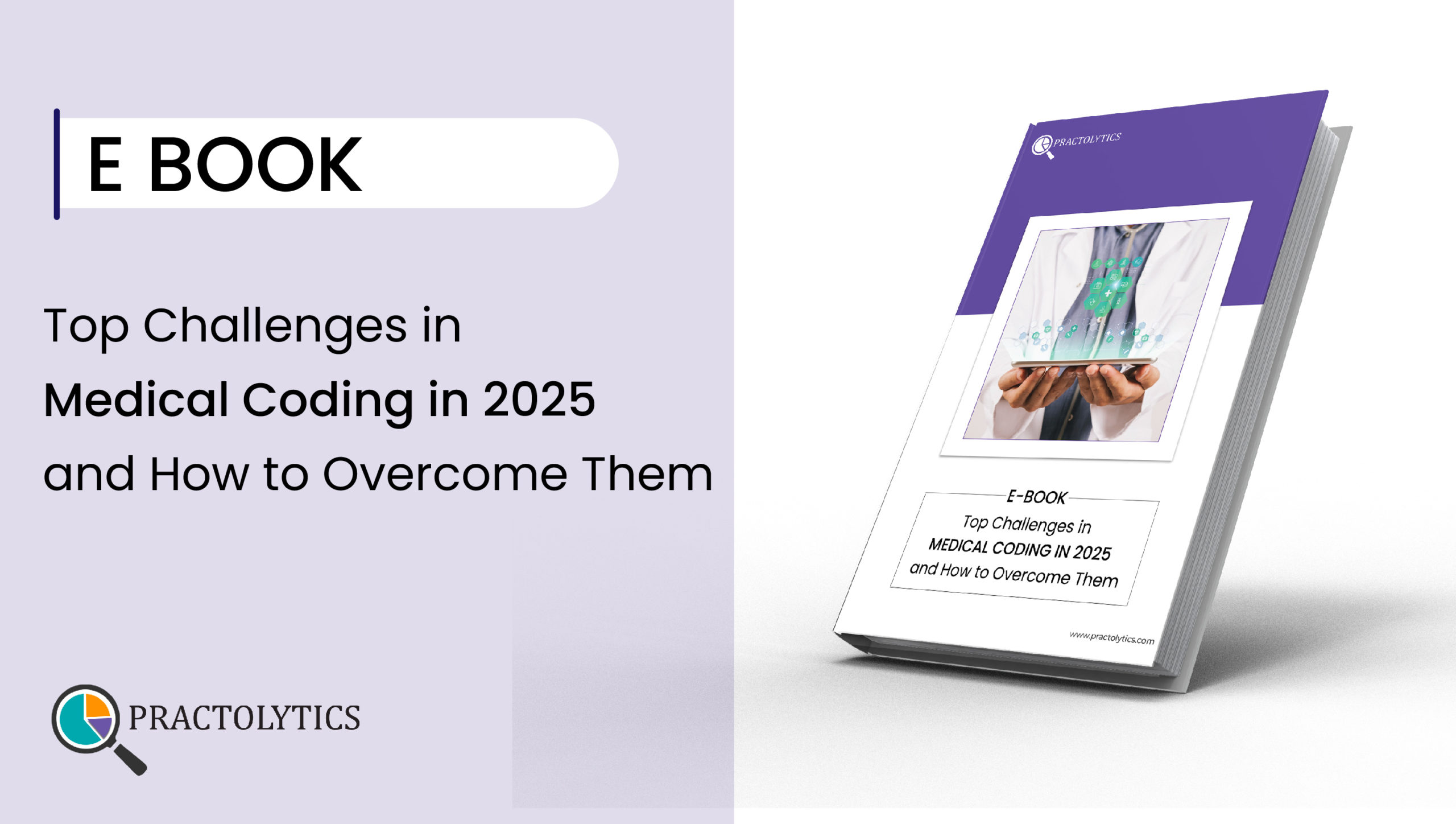

Top Challenges in Medical Coding in 2025 and How to Overcome Them
- Constant Code Updates: Coders must keep up with frequent changes to ICD-10, CPT, and HCPCS codes through ongoing training, professional associations, and updated coding tools.
- Stricter Documentation Standards: Accurate, detailed documentation is crucial to avoid denials and ensure compliance with audits. Coders should collaborate with providers and use standardized templates.
- Shift to Value-Based Care: Coding now supports quality reporting, risk adjustment, and data analytics. Coders must understand how to reflect care quality and patient complexity accurately.
- Technology Integration: Coders must be proficient in EHRs, validate CAC-generated codes, and stay updated on AI developments to ensure accuracy and efficiency.
- Complex Payer Rules: Coders face diverse payer requirements, making it essential to understand contracts, maintain open communication with payers, and manage denials effectively.
- Collaboration and CDI: Clinical Documentation Improvement programs and coder-provider collaboration are vital to improve documentation quality and coding accuracy.
- Future-Ready Coders: Success in 2025 requires continuous learning, adaptability, and a proactive approach to coding challenges, compliance, and technological advancements.
Download the FREE Guide
Download the FREE Ebook
- Constant Code Updates: Coders must keep up with frequent changes to ICD-10, CPT, and HCPCS codes through ongoing training, professional associations, and updated coding tools.
- Stricter Documentation Standards: Accurate, detailed documentation is crucial to avoid denials and ensure compliance with audits. Coders should collaborate with providers and use standardized templates.
- Shift to Value-Based Care: Coding now supports quality reporting, risk adjustment, and data analytics. Coders must understand how to reflect care quality and patient complexity accurately.
- Technology Integration: Coders must be proficient in EHRs, validate CAC-generated codes, and stay updated on AI developments to ensure accuracy and efficiency.
- Complex Payer Rules: Coders face diverse payer requirements, making it essential to understand contracts, maintain open communication with payers, and manage denials effectively.
- Collaboration and CDI: Clinical Documentation Improvement programs and coder-provider collaboration are vital to improve documentation quality and coding accuracy.
- Future-Ready Coders: Success in 2025 requires continuous learning, adaptability, and a proactive approach to coding challenges, compliance, and technological advancements.

